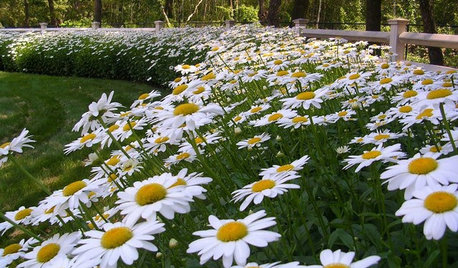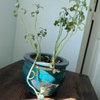Fertilizing with Gritty Mix
clairecathy
13 years ago
Featured Answer
Sort by:Oldest
Comments (20)
jojosplants
13 years agoRelated Professionals
Cottonwood Landscape Architects & Landscape Designers · Norton Shores Landscape Architects & Landscape Designers · Muttontown Landscape Contractors · West Palm Beach Landscape Contractors · Bridgeport Solar Energy Systems · Lynn Solar Energy Systems · 63040 Window Contractors · Indian Creek Window Contractors · San Luis Obispo Window Contractors · Meridian Fence Contractors · Owings Mills Fence Contractors · Seymour Fence Contractors · Torrance Fence Contractors · Walnut Fence Contractors · Orangevale Fence Contractorsclairecathy
13 years agoclairecathy
13 years agotapla (mid-Michigan, USDA z5b-6a)
13 years agoclairecathy
13 years agotapla (mid-Michigan, USDA z5b-6a)
13 years agoclairecathy
13 years agojojosplants
13 years agotapla (mid-Michigan, USDA z5b-6a)
13 years agojojosplants
13 years agotapla (mid-Michigan, USDA z5b-6a)
13 years agoclairecathy
13 years agotapla (mid-Michigan, USDA z5b-6a)
13 years agoclairecathy
13 years agotapla (mid-Michigan, USDA z5b-6a)
13 years agojojosplants
13 years agojodik_gw
13 years agoclairecathy
13 years agojodik_gw
13 years ago
Related Stories

GARDENING GUIDESGet on a Composting Kick (Hello, Free Fertilizer!)
Quit shelling out for pricey substitutes that aren’t even as good. Here’s how to give your soil the best while lightening your trash load
Full Story
GARDENING GUIDESMix or Mass Daisies for Two Great Garden Looks
The classic daisy looks equally beautiful massed in borders or mixed throughout a naturalistic planting. Which look suits your style?
Full Story
KITCHEN DESIGNNew This Week: 2 Kitchens That Show How to Mix Materials
See how these kitchens combine textures, colors and materials into a harmonious whole
Full Story
GARDENING GUIDESCommon Myths That May Be Hurting Your Garden
Discover the truth about fertilizer, soil, staking and more to keep your plants healthy and happy
Full Story
HOMES AROUND THE WORLDHouzz Tour: Gray and Yellow Mix It Up in a London Apartment
A neutral palette gets a jolt of energy from sunny accessories and witty artwork in this new unit in an industrial area
Full Story
GARDENING GUIDESHow to Switch to an Organic Landscape Plan
Ditch the chemicals for a naturally beautiful lawn and garden, using living fertilizers and other nontoxic treatments
Full Story
GARDENING GUIDESHow to Keep Your Citrus Trees Well Fed and Healthy
Ripe for some citrus fertilizer know-how? This mini guide will help your lemon, orange and grapefruit trees flourish
Full Story
LAUNDRY ROOMSSoak Up Ideas From 3 Smart Laundry Rooms
We look at the designers’ secrets, ‘uh-oh’ moments and nitty-gritty details of 3 great laundry rooms uploaded to Houzz this week
Full Story
GARDENING GUIDESThe Poop Scoop: Enrich Your Soil With Good Old Manure
Get over the ick factor already — this natural super-ingredient for soil has so many benefits, you'll wonder why you ever went chemical
Full Story
FARM YOUR YARDHow to Grow Vegetables in Containers
Get glorious vegetables and fruits on your patio with a pro’s guidance — including his personal recipe for potting mix
Full Story







tapla (mid-Michigan, USDA z5b-6a)